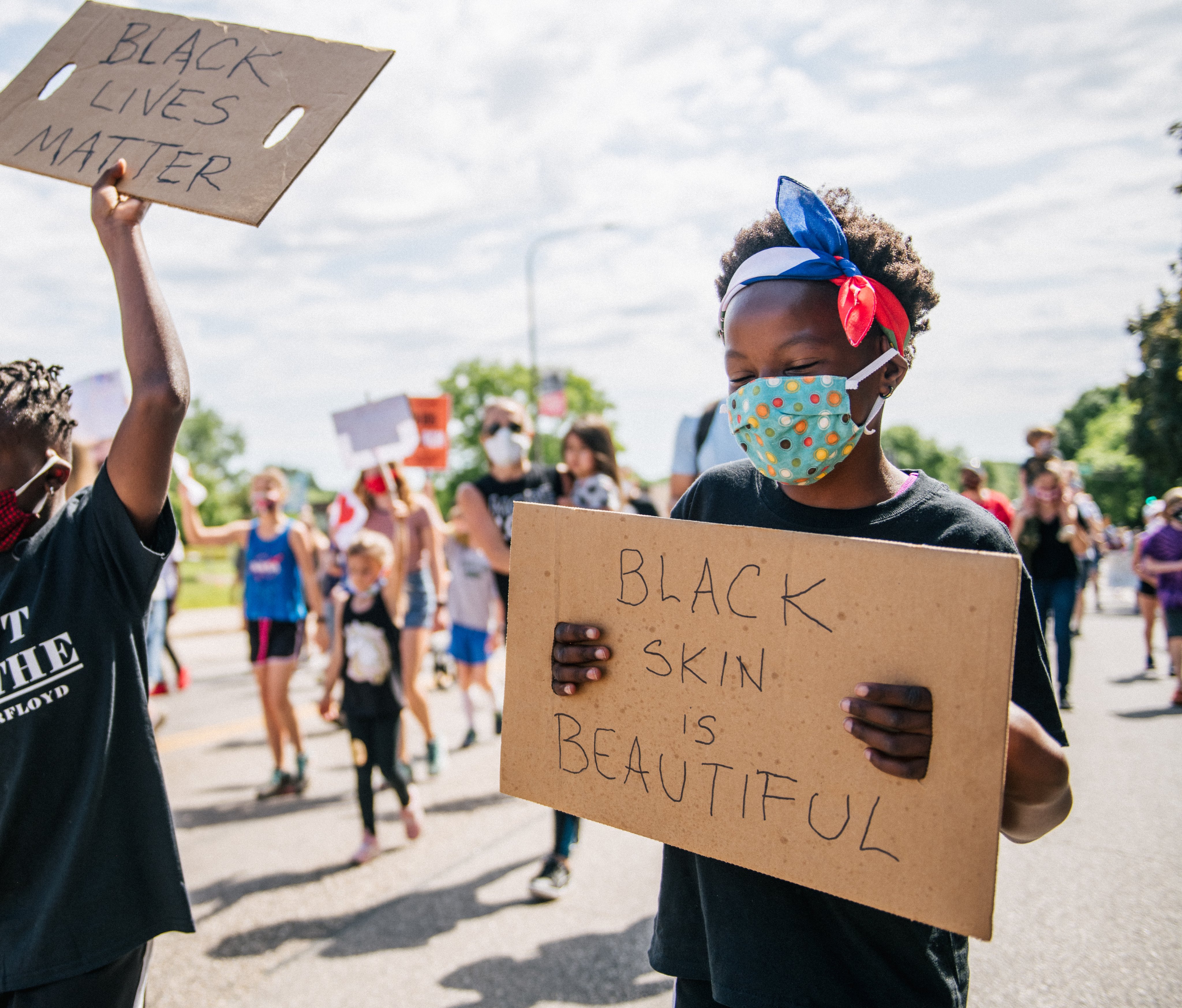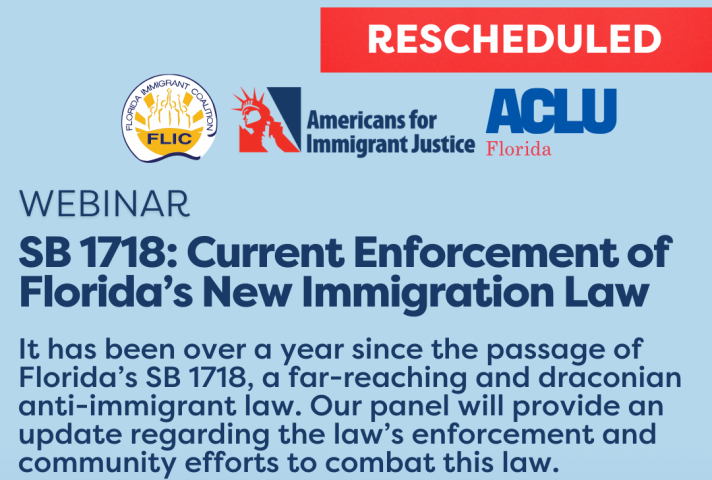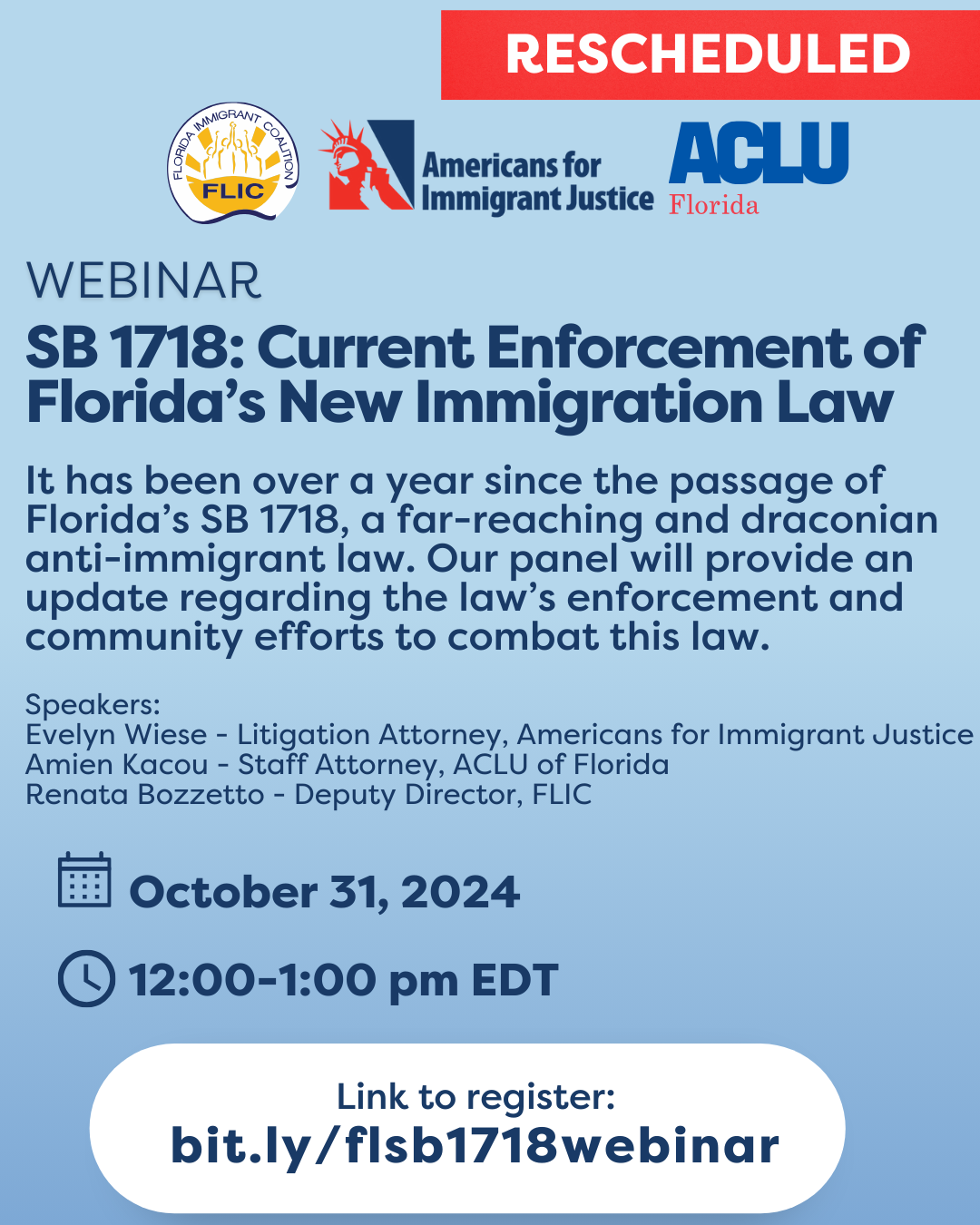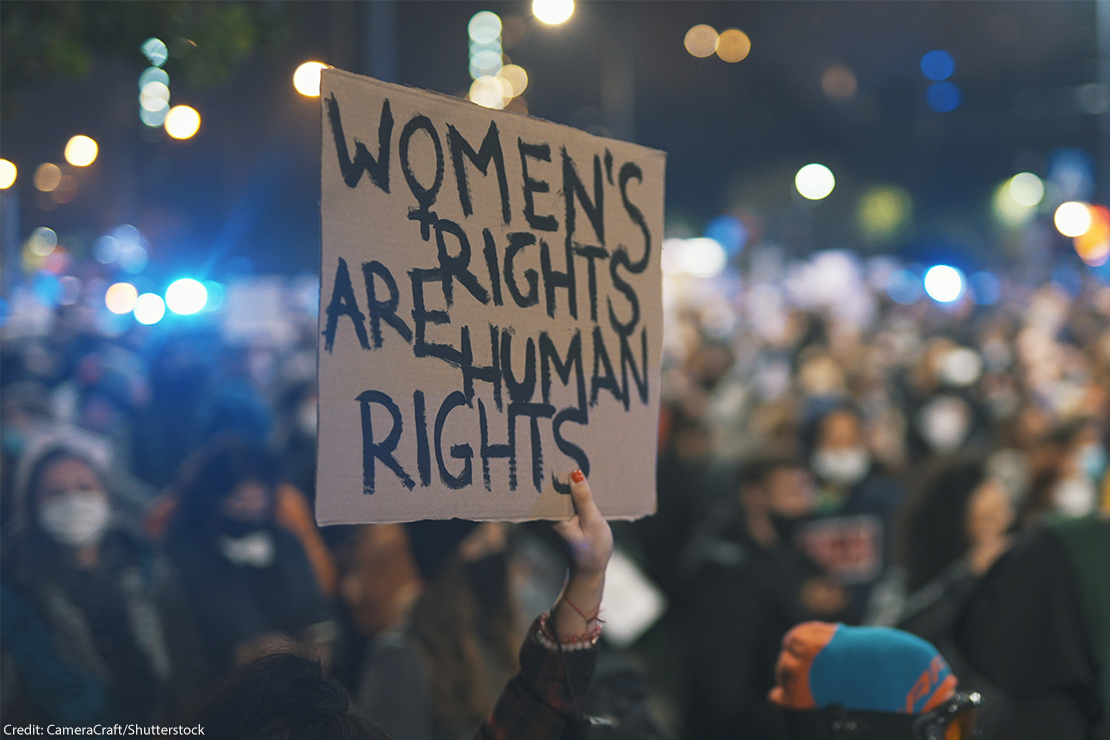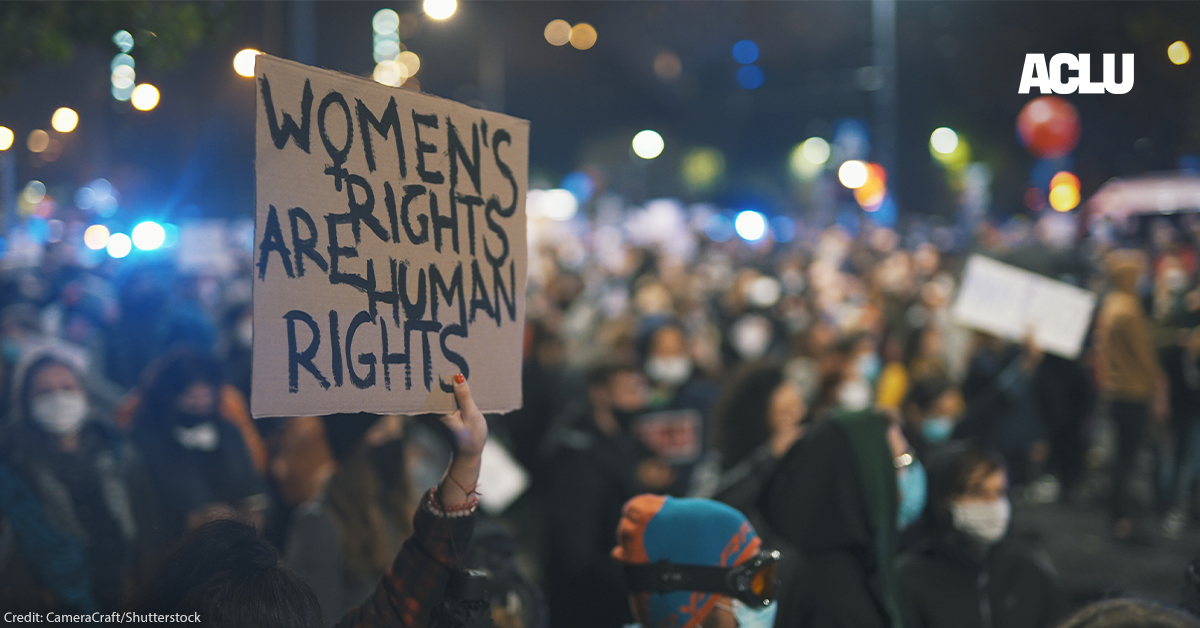This op-ed was first published in Ebony.
There is a history of Black women in America bearing the brunt of state-sanctioned control and commodification of their bodies. From forced pregnancies that populated plantations to gynecological experimentation to coerced sterilization to now the extreme abortion bans that evidence has shown kill women.
The most recent assault on reproductive freedom is not just a battle over a medical procedure; it is a fight for the dignity, autonomy, and lives of Black women who, once again, are the canaries in a mine we know is deadly. Abortion bans and restrictions are robbing us of our ability to make decisions about our bodies, and they are putting Black women’s lives in immediate danger.
Black women in America are three times more likely to die from pregnancy-related complications than white women. Researchers predict this disparity will likely grow with increasing economic, health care and transportation barriers as medical professionals flee repressive states and medical practices that are under intense political attacks like obstetrics and gynecology. The dangers women face will also likely grow as doctors are forced to abandon their ethical obligations and medical standards of care to avoid fines, imprisonment and loss of their medical licenses prescribed by extreme abortion bans. That is, there will be fewer doctors serving our communities, and for those who stay, providing medical care would require them to value our lives over their own freedom and careers. To put it more plainly, we canaries won’t survive this poisoned mine unless we do something!
We already live with a healthcare system that all too often dismisses our pain, ignores our concerns and leaves us vulnerable each time we seek medical care. Now, with the added burden of abortion bans, the message is loud and clear: our health, our futures and our families are expendable to politicians for the sake of power.
For us, this cannot be about politics; this is about survival. The maternal health crisis in Black communities is real, and it is growing. We’ve seen the faces of those harmed by these restrictive laws. We’ve heard their stories. Women are being forced to make impossible decisions about their bodies and families, and the consequences are devastating. As we fight for basic freedoms in Florida, I cannot help but reflect on lives already lost, lives sacrificed to the ruthless and deeply unjust laws sweeping through states like Georgia and Florida.
Candi Miller should be alive today. Amber Thurman should be alive today. But because of the harmful conditions created by Georgia’s abortion ban, these two Black women, both facing life-threatening complications, were denied standard medical treatment. Their families begged for care. Their doctors’ hands were tied, and once again, legal compliance came at the cost of Black women’s lives. Candi and Amber paid the ultimate price. Their lives, full of potential and love, were cut short and sacrificed on the altar of political ideology. This is the reality of abortion bans. They are not abstract political victories but cold, heart-wrenching losses for families, communities, and, most disproportionately, Black women.
Here in Florida, the picture is no less grim. Florida’s near-total abortion ban, the same law that nearly cost Anya Cook her life, has put Black women’s health and survival on the line. Anya was 16 weeks pregnant when her water broke long before her baby was viable. Yet the doctors in Florida, gripped by fear of prosecution under this cruel law, refused to help her. For days, Anya was left to suffer while her body began to shut down from infection. Only when her life was in immediate danger did the doctors intervene. By then, she was barely clinging to life. Anya Cook almost became another name on a growing list of Black women whose lives have been stolen by systemic racism and laws that have devalued Black life for centuries.
This is why passing Amendment 4 in Florida to limit government interference and protect our right to make private medical decisions is critical. For Black women, who are more likely to face barriers like inadequate healthcare access, lack of transportation or the financial inability to take time off work, this law effectively removes any semblance of power for women, denying them care before many even know they’re pregnant. It forces us into rushed decisions to terminate pregnancies or face incalculable risks, knowing that our chances of surviving are already slimmer than others.
This is why I fight. This is why every single one of us must vote in November. Amendment 4, the only citizen-led ballot initiative that can be brought in the entire Southeast, is our chance to restore reproductive freedom in Florida. It is our chance to protect Black women. It is our chance to ensure our daughters won’t grow up in a world with fewer freedoms than we’ve had. It is our chance to vote for Black lives and women's lives worthy of freedom, autonomy and safe medical care.
Black women have always stood on the frontline of the fight for justice. We have always led, even when our own lives were at risk. Now, more than ever, we need our communities to stand with us. For our generation, the stakes have never been higher and the need for action has never been more urgent.
Together, we can restore reproductive freedom, protect Black maternal health and ensure the legacies of Candi Miller, Amber Thurman, and Anya Cook are not forgotten.
Date
Tuesday, November 5, 2024 - 1:45pmFeatured image
